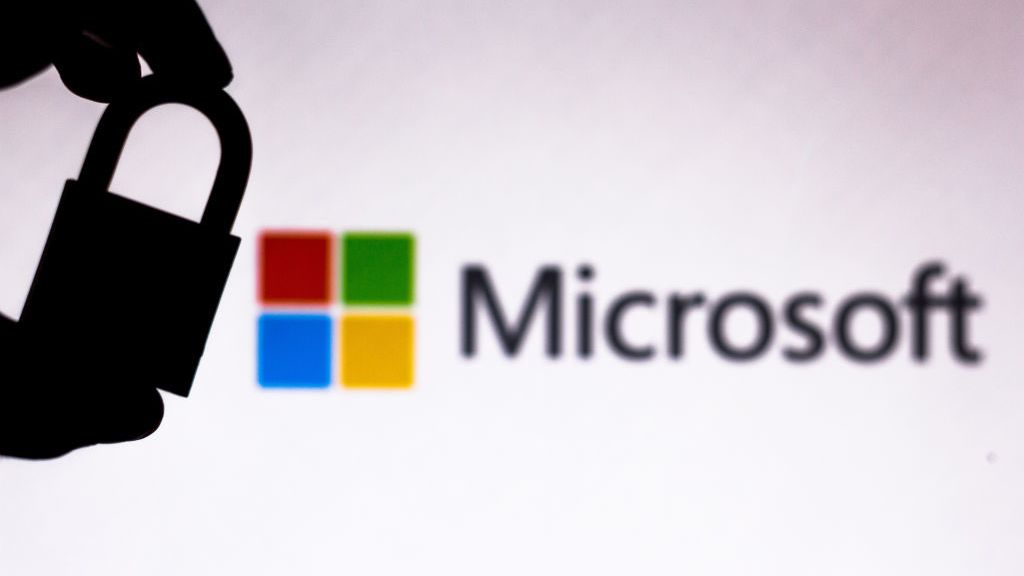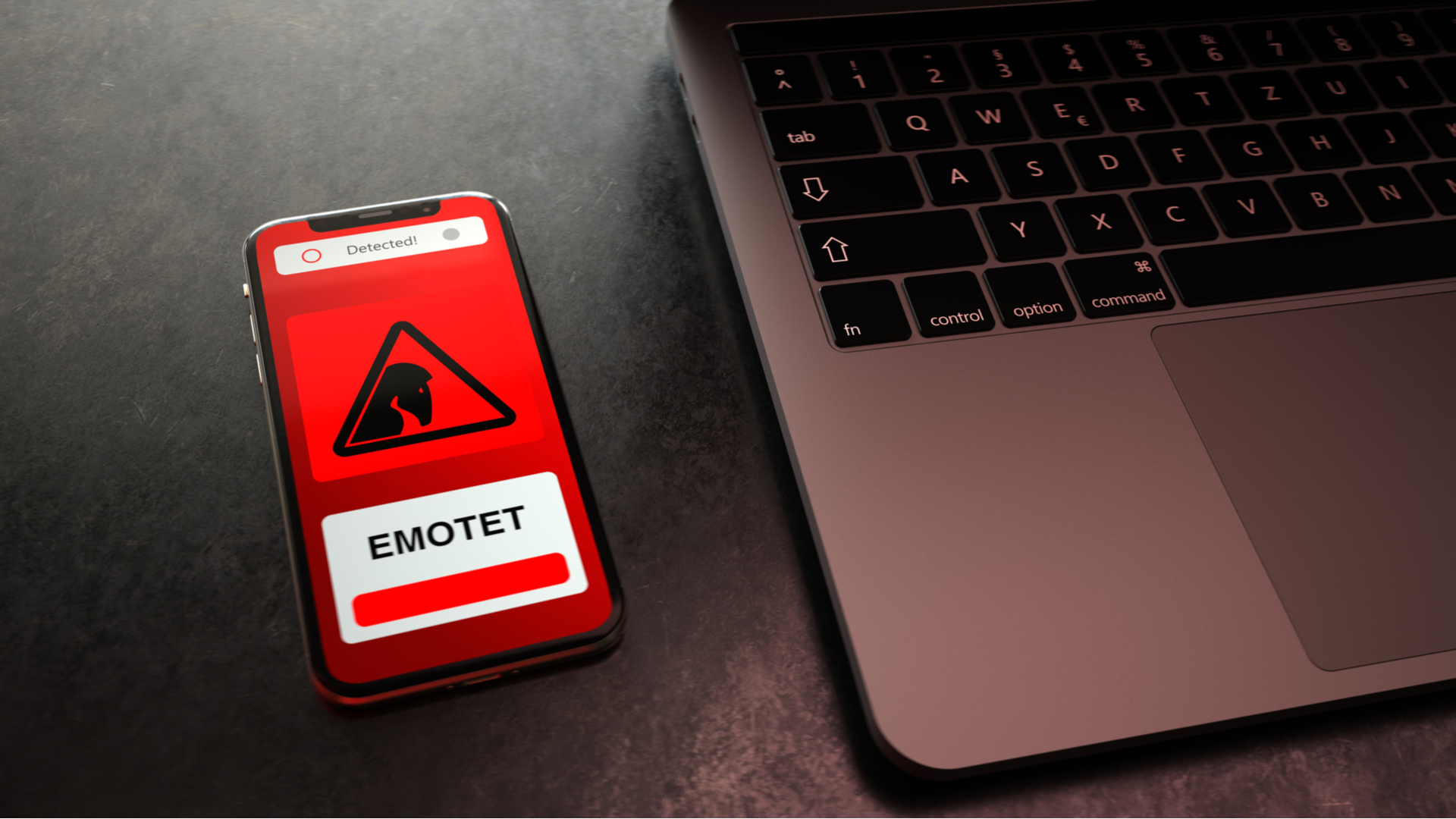Will the FBI close down your online business this March?
In tackling the DNSChanger botnet, the FBI may take a load of businesses offline. Davey Winder is, unsurprisingly, anxious...


Half of all Fortune 500 companies are still infected.
Now this is where it gets interesting and a little perturbing: the FBI managed to secure a court order which enabled it to replace the DNS heart of the Trojan, so that all traffic would flow through a surrogate DNS server instead. The court order in question allows the FBI to maintain this surrogate DNS service until 8 March. After which, and I'm guessing you are ahead of me here, any business whose computers are still infected with the Trojan, and therefore still using this surrogate DNS service, will find themselves removed from the internet entirely and dumped into 404-ville.
Which could, if the numbers I have seen are to be believed, lead to an awful lot of companies suddenly and catastrophically being denied access to the internet. Within the US alone, and remember that DNSChanger was a global infection spreading across more than 100 countries, half of all Fortune 500 companies are still infected and half of all major government agencies likewise carry at least one infected machine.
The DNSChanger Working Group, established to help co-ordinate remediation of the Trojan infection, is known to be considering applying for an extension to the court deadline to relieve the likely impact otherwise, given the high number of infections still found to be active. But it could all be something of a pointless exercise. After all, the Conficker Working Group had a similar remit and some three years after it was founded there are still thought to be around three million systems still infected with the Conficker Worm.
It would be a good thing if the situation frightened those enterprises who have not bothered to properly scan for and remove any DNSChanger infections to implement a proper security strategy. If you want to be sure you are not one of them, then perhaps you should contact your security vendor for advice as to how to check your network for evidence of infection.
One cannot help but marvel at the irony of the timing of all this though, what with Anonymous having made a declaration that it would launch a DDoS attack against DNS root servers, and effectively take down the internet, on 30 March. Now it looks like, for a large number of businesses anyway, that the FBI may just beat them to it.
Get the ITPro daily newsletter
Sign up today and you will receive a free copy of our Future Focus 2025 report - the leading guidance on AI, cybersecurity and other IT challenges as per 700+ senior executives
Davey is a three-decade veteran technology journalist specialising in cybersecurity and privacy matters and has been a Contributing Editor at PC Pro magazine since the first issue was published in 1994. He's also a Senior Contributor at Forbes, and co-founder of the Forbes Straight Talking Cyber video project that won the ‘Most Educational Content’ category at the 2021 European Cybersecurity Blogger Awards.
Davey has also picked up many other awards over the years, including the Security Serious ‘Cyber Writer of the Year’ title in 2020. As well as being the only three-time winner of the BT Security Journalist of the Year award (2006, 2008, 2010) Davey was also named BT Technology Journalist of the Year in 1996 for a forward-looking feature in PC Pro Magazine called ‘Threats to the Internet.’ In 2011 he was honoured with the Enigma Award for a lifetime contribution to IT security journalism which, thankfully, didn’t end his ongoing contributions - or his life for that matter.
You can follow Davey on Twitter @happygeek, or email him at davey@happygeek.com.
-
 CyberOne appoints Microsoft’s Tracey Pretorius to its advisory board
CyberOne appoints Microsoft’s Tracey Pretorius to its advisory boardNews The threat intelligence leader will provide strategic guidance to CyberOne’s executive team
By Daniel Todd
-
 CISA issues warning in wake of Oracle cloud credentials leak
CISA issues warning in wake of Oracle cloud credentials leakNews The security agency has published guidance for enterprises at risk
By Ross Kelly
-
 Seized database helps Europol snare botnet customers in ‘Operation Endgame’ follow-up sting
Seized database helps Europol snare botnet customers in ‘Operation Endgame’ follow-up stingNews Europol has detained several people believed to be involved in a botnet operation as part of a follow-up to a major takedown last year.
By Emma Woollacott
-
 Horabot campaign targeted businesses for more than two years before finally being discovered
Horabot campaign targeted businesses for more than two years before finally being discoveredNews The newly-discovered Horabot botnet has attacked companies in the accounting, investment, and construction sectors in particular
By Ross Kelly
-
 Capita tells pension provider to 'assume' nearly 500,000 customers' data stolen
Capita tells pension provider to 'assume' nearly 500,000 customers' data stolenCapita told the pension provider to “work on the assumption” that data had been stolen
By Ross Kelly
-
 Brand-new Emotet campaign socially engineers its way from detection
Brand-new Emotet campaign socially engineers its way from detectionNews This latest resurgence follows a three-month hiatus and tricks users into re-enabling dangerous VBA macros
By Ross Kelly
-
 Microsoft says “it’s just too difficult” to effectively disrupt ransomware
Microsoft says “it’s just too difficult” to effectively disrupt ransomwareNews The company details its new approach to combatting cyber crime as the underground industry drains $6 trillion from the global economy
By Connor Jones
-
 Beating the bad bots: Six ways to identify and block spam traffic
Beating the bad bots: Six ways to identify and block spam trafficIn-depth Not all traffic is good. Learn how to prevent bad bots from overrunning your website
By Sead Fadilpašić
-
 Ukraine's vigilante IT army now has a DDoS bot to automate attacks against Russia
Ukraine's vigilante IT army now has a DDoS bot to automate attacks against RussiaNews The 270,000-strong IT Army of Ukraine will now combine supporters' cloud infrastructure to strengthen the daily attacks against their invaders
By Connor Jones
-
 Microsoft's secure VBA macro rules already being bypassed by hackers
Microsoft's secure VBA macro rules already being bypassed by hackersNews Recent analysis of Emotet activity has revealed a shift away from malicious Office documents to drop malware
By Connor Jones